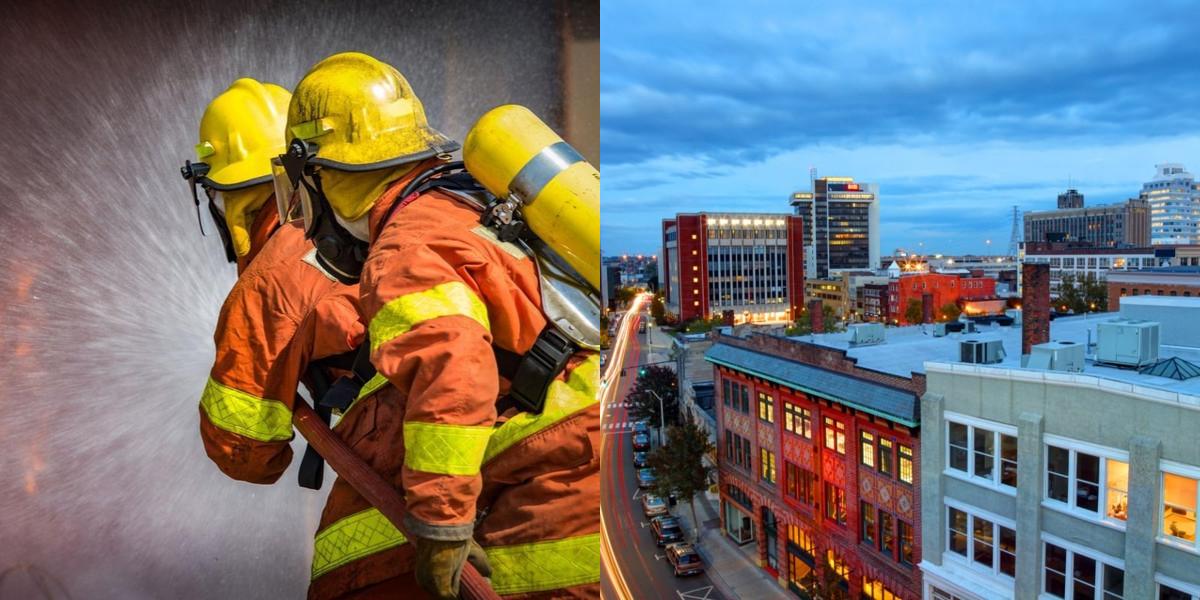How to Become a Firefighter in Connecticut

Firefighters in Connecticut earn an average of $72,090 per year ($34.66/hour), according to the U.S. Bureau of Labor Statistics. If you’re passionate about helping others and ready for a demanding yet meaningful career, here’s everything you need to know about becoming a firefighter in Connecticut from official state requirements to training and certification.
How to Get a Firefighter Job in Connecticut
Once you’ve earned certification:
- Apply directly to local or city fire departments posting entry-level openings.
- Pass the department’s written exam, CPAT, and interview process.
- Complete a medical evaluation and psychological screening.
- Join a Firefighter Recruit Training Program, if required.
To view current openings, check MyNextMove or your local city government’s career page.
Career Paths and Opportunities after Becoming a Firefighter
Firefighters can specialize or advance into:
- Fire Officer / Captain – supervise teams and command emergency operations
- Fire Investigator – determine fire causes and origins
- Hazardous Materials Specialist – handle chemical and environmental incidents
- EMT / Paramedic – provide advanced emergency medical care
- Fire Inspector or Public Educator – promote safety and enforce building codes
Firefighters may also move into administration or training roles within the Connecticut Fire Academy or local fire departments.
How Much Do Firefighters Make in Connecticut?
Per the Bureau of Labor Statistics, firefighters in Connecticut earn an average of $72,090 annually ($34.66/hour).
Top earners in urban departments like Hartford and New Haven make above $80,000 per year, with additional overtime pay and pension benefits.
Physical Fitness Expectations
According to the Connecticut Fire Academy, successful firefighters maintain above-average levels of strength, aerobic capacity, and endurance.
Key training tips include:
- Consistent aerobic exercise (running, stair climbing, rowing)
- Weight training for strength and endurance
- Flexibility exercises to reduce injury risk
The American College of Sports Medicine and the American Council on Exercise recommend professional fitness guidance for candidates preparing for the CPAT.
Frequently Asked Questions
How long does it take to become a firefighter in CT?
Most firefighter programs take 6 to 12 months, including Firefighter I and II training.
How much do firefighters make in CT?
The average firefighter salary in Connecticut is $72,090 per year, per BLS.
How long is the CT Fire Academy?
The Connecticut Fire Academy Recruit Firefighter Program runs about 70 days full time or longer if part time.
How much does the CT Fire Academy cost?
Training costs typically range from $3,000–$4,000, depending on the city and program type.
Final Thoughts
Becoming a firefighter in Connecticut takes dedication, discipline, and heart. The process is rigorous — from passing the CPAT to completing months of training — but the result is a career that truly saves lives and serves communities.
If you’re ready to begin, compare firefighter training programs on Dreambound today and find the best path to your certification.
Contemplating a change in your career path? Dreambound has written many comprehensive guides to aid you in making well-informed decisions.

Vduani Martinez is a part of the Growth team at Dreambound. She creates and fixes workflows and automation to guarantee seamless operations. On top of that, she manages databases to ensure all information is up to date. Vduani is a licensed Electronics Engineer who loves coffee and is a travel enthusiast. Out of the office, she enjoys going on road trips and discovering new cafes and restaurants.




